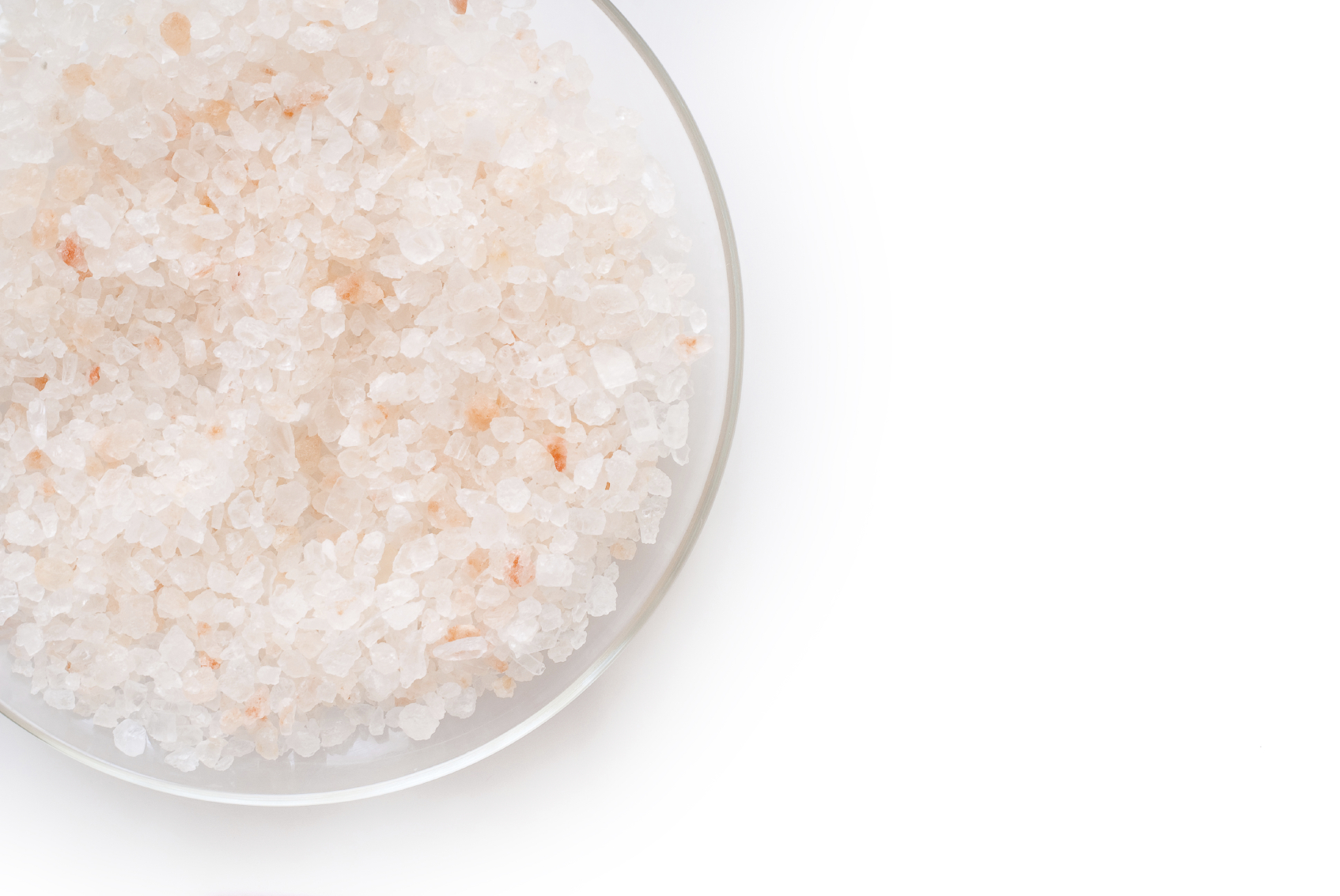Salt has been named the enemy in diets since the early 1900s.1
The FDA says to not consume more than 2,300 mg a day.2 But they want to cut that number to 1,500 mg. Some doctors suggest lower intakes for certain groups of people. This includes African Americans, people with high blood pressure, and anyone older than 50.
It might seem like a smart move at first… But the truth is they’re giving this vital mineral a bad rap. And scaring most people into avoiding it.
Researchers conducted a ten year study on people in their 70s. They were split into three different groups. The first group got less than 1,500 mg of salt per day. People in the second group ate 1,500–2,300 mg per day. The last group upwards of 2,300 mg per day.
Researchers analyzed mortality rate, cardiovascular disease, and heart failure in each group. Those consuming 1,500–2,300 mg a day fared better in all three categories.3 But that’s not all… Researchers found no link between mortality and eating more salt.4
But if you think you can just load up on the salt you have at home, you’re probably wrong…
Table salt is processed to the point where all that’s left is sodium and chloride. And this is why salt gets a bad rap. Most processed foods and restaurant items have table salt in them. They account for about 75% of a person’s sodium intake.5
It makes these foods hard to digest. Your body thinks they’re poison.6 Instead of absorbing nutrition, your body switches to damage control mode.7 This process kills healthy cells. And it increases the risk of health complications like multiple sclerosis. Not to mention cancer.8
There are easy ways to get the real thing. Salt naturally occurs in many fruits and vegetables. Celery, carrots, and strawberries are just a few.9 But there’s a simple switch you can make to get the most benefit from your salt.
You’ve probably heard of sea salt and Himalayan salt… We’ve told Health Watch readers about them before. They occur naturally… Without any processing or chemical transformations.
Our bodies need sodium to function. We’d die without it. A deficiency can cause problems with your digestive and nervous systems. Even your metabolism. It also helps keep your joints flexible.10 Getting adequate amounts may reduce your risks of developing osteoporosis.11
Natural salt also contains essential trace elements. They help prevent serious health complications…like diabetes, high blood pressure, and cancer.12 You can find sea salt—even pink Himalayan salt—in most food stores. If not, you can always order them online.
Like this Article? Forward this article here or Share on Facebook.
References:
1http://www.scientificamerican.com/article/its-time-to-end-the-war-on-salt/
2http://www.fda.gov/forconsumers/consumerupdates/ucm181577.htm
3http://archinte.jamanetwork.com/article.aspx?articleid=2091399
4http://www.medpagetoday.com/Endocrinology/GeneralEndocrinology/49602
5http://www.fda.gov/forconsumers/consumerupdates/ucm181577.htm
6http://www.radianthealthstrategies.com/healing_power_of_salt.php
7http://www.radianthealthstrategies.com/healing_power_of_salt.php
8http://www.scientificamerican.com/article/salt-linked-to-autoimmune-diseases/
9http://www.naturalnews.com/031608_table_salt_sodium.html
10http://www.naturalnews.com/031608_table_salt_sodium.html
11http://www.radianthealthstrategies.com/healing_power_of_salt.php
12http://www.organicauthority.com/organic-food/organic-food-articles/himalayan-salt-an-ancient-natural-mineral-treating-todays-common-ailments.html

